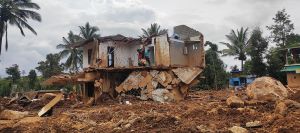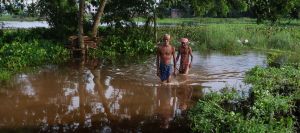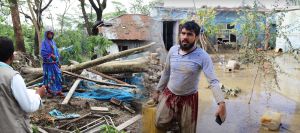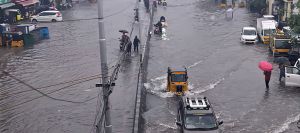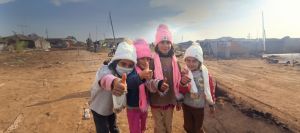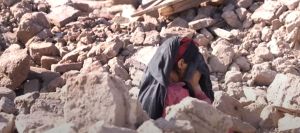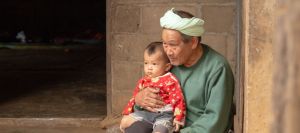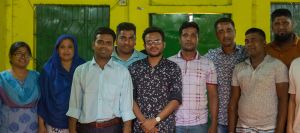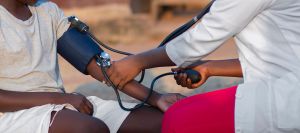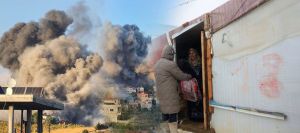
Lebanon Winter Relief
Lebanon is facing an unprecedented crisis. Economic collapse, the Syrian refugee situation, and the ripple effects of the Israel-Hamas war have intensified conflicts between Israel and Lebanon, forcing countless Lebanese people to flee their homes and fall into poverty. Syrian refugees living in makeshift tents or poor shelters are also facing severe hardships. As winter approaches, humanitarian needs are rapidly increasing. Low temperatures bring bitter cold, while seasonal storms cause melting snow, blocked drains, flooding, and landslides due to heavy rain and poor infrastructure. These challenges urgently require our prayers and support. Have you ever thought about families without heating equipment, relying on burning rubbish to keep warm? Last year, 30% of Syrian refugee families had no access


